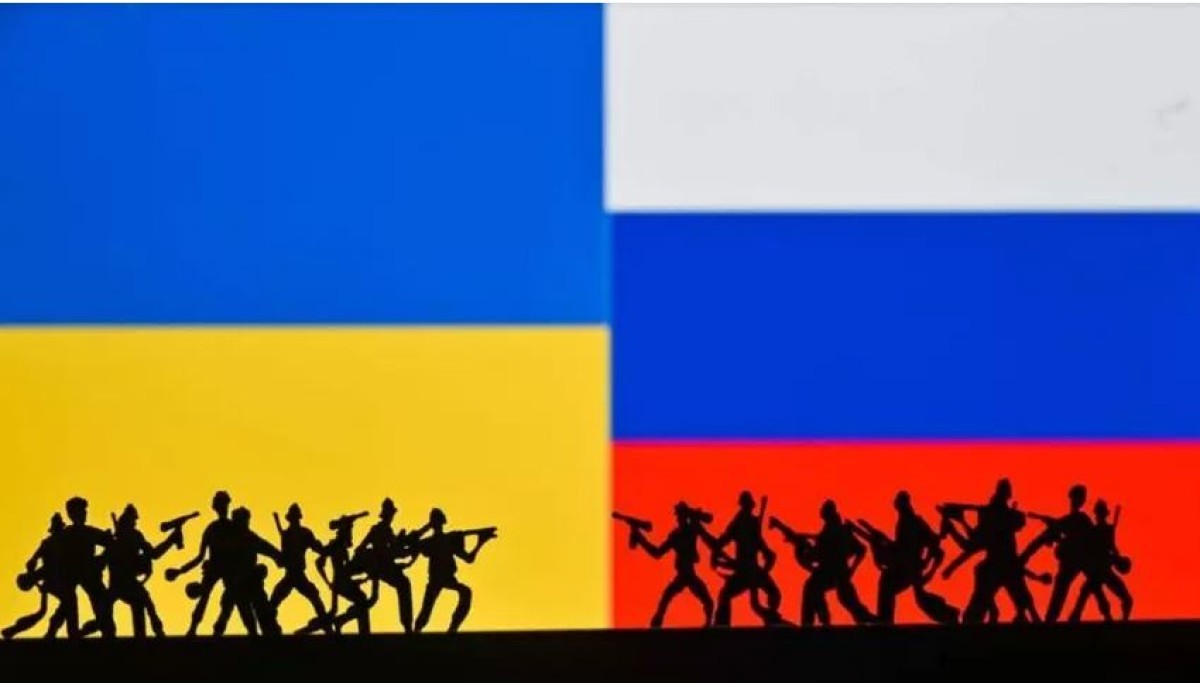 1434
1434
Ukraine's Arduous Trek to Peace: Unlocking the Doors to Dialogue
Ukraine's Arduous Trek to Peace: Unlocking the Doors to Dialogue
By: A. Mahdavi
The ongoing conflict in Ukraine, a tragic consequence of geopolitical tensions, has cast a long shadow over the world. Its impact, far beyond the Eastern European theater, has triggered an economic, political, and social crisis of unprecedented proportions. It is imperative, therefore, that the international community, united in its pursuit of peace, seek a durable resolution to this conflict.
The first step toward peace lies in the initiation of serious and meaningful diplomatic negotiations between Russia and Ukraine. Such negotiations, facilitated by credible international actors, must address the core concerns of both sides.
For Russia, security guarantees against NATO expansion are paramount. While the West's strategic interests must be acknowledged, it is equally vital to recognize Moscow's legitimate security concerns. Ukraine, for its part, must be assured of its territorial integrity and sovereignty, while the status of disputed regions, including Crimea and Donbas, requires a nuanced and sensitive approach.
The path to peace in Ukraine is paved with the difficult task of reconciliation. This necessitates a comprehensive agreement on the status of disputed areas, possibly encompassing limited autonomy under international supervision. While Russia's military presence in these regions poses a significant obstacle, it is essential to find a solution that respects the aspirations of all parties involved.
The creation of a civilian zone with the withdrawal of military personnel is an indispensable step to prevent further escalation. Moreover, extensive financial support for the reconstruction of Ukraine, as well as targeted economic incentives for both countries, could serve as a powerful catalyst for peace and stability.
Major powers, including the United States and China, possess significant leverage in this conflict. Their willingness to engage in constructive dialogue and utilize their influence to bring Russia and Ukraine to the negotiating table is crucial. The international community must demonstrate a united commitment to peace, dispelling any perception that the conflict serves the interests of powerful actors.
The path to peace is fraught with obstacles, chief among them the deep mistrust between Russia and Ukraine. Past conflicts, coupled with repeated ceasefire violations, have eroded trust and made dialogue challenging.
Foreign interference, though well-intentioned, can also hinder progress. External actors must tread carefully, prioritizing the facilitation of dialogue rather than exacerbating tensions.
Internal pressures within both Russia and Ukraine present another significant challenge. Nationalistic and hardline groups within Russia may oppose any compromise with Ukraine, while Ukrainian citizens may resist any agreement perceived as compromising national sovereignty.
The current efforts to establish peace, including the recent Swiss Peace Conference and Prime Minister Viktor Orbán’s visit to Moscow, offer a glimmer of hope. These initiatives highlight the international community's commitment to finding a peaceful resolution.
While the road to peace is long and arduous, it is not insurmountable. Through persistent diplomatic efforts, sincere dialogue, and a shared commitment to reconciliation, a lasting peace in Ukraine remains a realistic and achievable goal. The world must stand united in its pursuit of peace, recognizing that the consequences of failure are far too dire to contemplate.
 1434
1434
Comment
Post a comment for this article